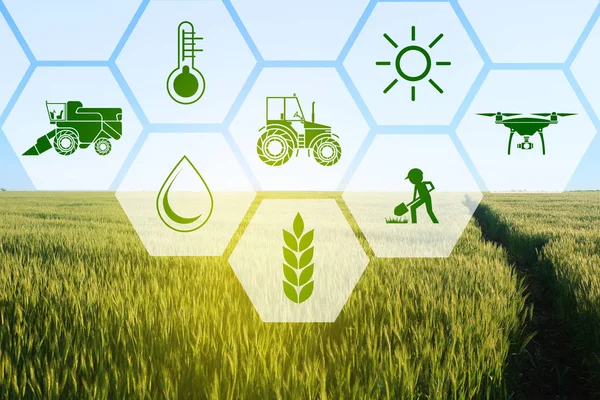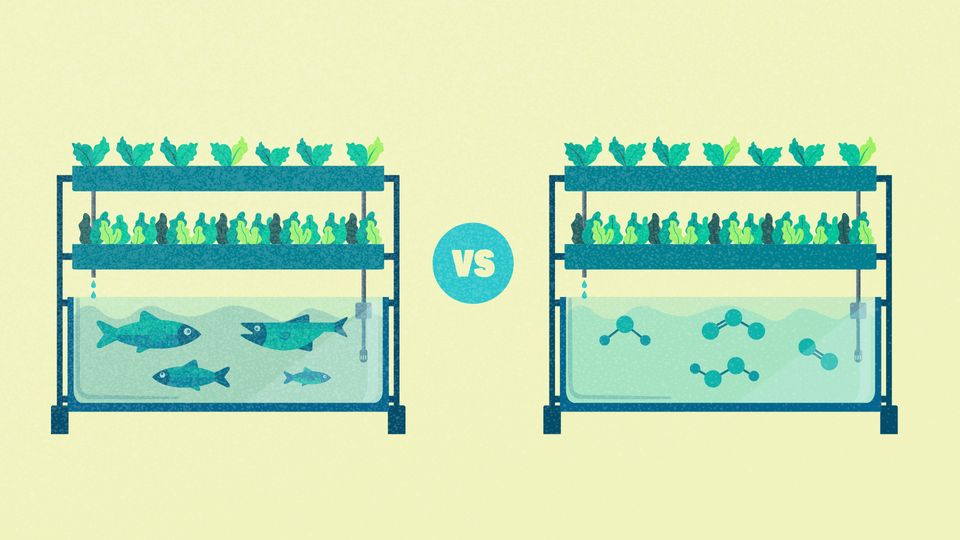AgriTech, a fusion of agriculture and technology, is revolutionizing how we grow food while protecting the environment. Sustainable farming practices aim to balance the need for food production with the preservation of environmental health. AgriTech (agricultural technology) has emerged as a pivotal enabler of these practices, enhancing efficiency, reducing waste, and mitigating environmental impacts.
Here are some innovative sustainable farming techniques and how technology supports their implementation:
Precision Agriculture

Technique: This method uses data and technology to optimize resource use. Farmers leverage sensors, satellite imagery, and GPS to pinpoint exactly where water, fertilizer, and pesticides are needed.
Tech Support: Specialized software analyzes data to create application maps, guiding tractors and irrigation systems for targeted application, minimizing waste.
Water Conservation
Technique: Efficient water use and management to ensure sustainable agricultural practices.
Technological Support
Smart Irrigation Systems: Use weather forecasts, soil moisture sensors, and crop data to optimize irrigation schedules.
Drip Irrigation: Delivers water directly to plant roots, reducing evaporation and runoff.
Water Recycling Technologies: Treat and reuse wastewater for irrigation.
Aquaponics & Hydroponics

Technique: These soilless methods grow plants in water or a mist enriched with nutrients. Aquaponics combines fish farming with hydroponics, creating a closed-loop system where fish waste nourishes plants and plant filters purify water for fish.
Tech Support: Sensors monitor water quality (pH, nutrients) and oxygen levels, allowing for real-time adjustments in the system for optimal plant and fish health.
Sustainable Livestock Management
Technique: Practices aimed at reducing the environmental footprint of livestock farming.
Technological Support
Precision Feeding Systems: Tailor feed composition and quantity to individual animals’ needs, reducing waste.
Manure Management Technologies: Convert waste into bioenergy or organic fertilizers.
Animal Health Monitoring: Wearable devices and sensors track health metrics to ensure optimal animal welfare and productivity.
Conclusion
The integration of AgriTech into sustainable farming practices not only enhances productivity and efficiency but also plays a role in protecting and preserving the environment. By leveraging cutting-edge technologies, farmers can adopt more sustainable methods, reduce their ecological footprint, and contribute to a more resilient and sustainable food system.





Leave a Reply